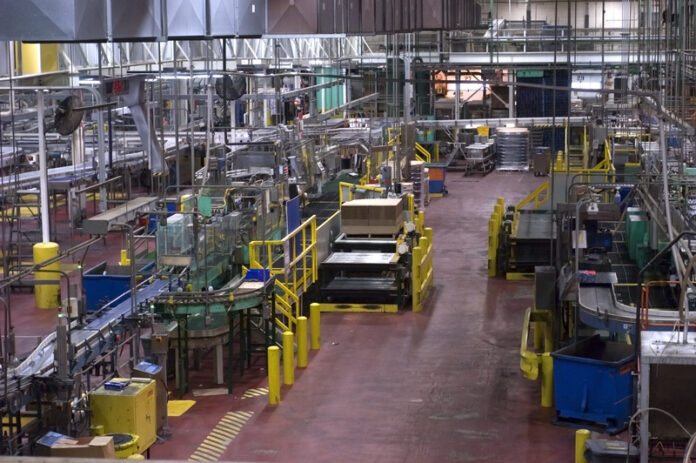
In today’s competitive industrial landscape, the performance of technical systems directly impacts operational efficiency and bottom-line results. From high-pressure environments to sensitive applications in semiconductors or hydrogen infrastructure, the selection of appropriate valves and fittings plays a crucial role in preventing costly downtime and maintaining system integrity. Companies that prioritize quality components often discover this investment yields substantial returns through improved reliability and reduced maintenance costs.
The Importance of Quality in Technical Environments
Since the late 1990s, advancements in instrumentation valves and fittings have transformed how industries approach system reliability. High-quality components that meet international standards like ISO 9001:2015 provide the foundation for operations that can withstand demanding conditions. The best manufacturers design products that integrate seamlessly with existing systems, allowing for performance improvements without requiring complete system overhauls.
Material selection is another critical factor that distinguishes superior components. Advanced alloys and specialized materials that resist corrosion, withstand extreme temperatures, and maintain structural integrity under pressure contribute significantly to long-term performance. These materials often command a premium price but deliver exceptional value through extended service life and reduced replacement frequency.
Industry Leaders Driving Innovation
Companies like FITOK have been at the forefront of developing instrumentation valves and fittings that meet the demanding requirements of modern industrial applications. By focusing on precision engineering and material science, manufacturers in this space have been able to address complex challenges in fluid control systems across multiple industries. FITOK and similar quality-focused manufacturers understand that in critical applications, component reliability isn’t just about preventing failures, it’s about enabling operations to run at peak efficiency.
Critical Applications Across Industries
Quality components are particularly vital in sectors where failure can have serious consequences:
- Oil & Gas: Reliable flow management components ensure safety and efficiency in pipelines, storage facilities, and chemical processes. In environments where hydrocarbons are present, component integrity directly impacts environmental protection and worker safety.
- Hydrogen Applications: As this growing energy market expands, high-pressure solutions for storage, distribution, and transport become increasingly important. The unique properties of hydrogen require specialized materials and designs that prevent embrittlement and ensure containment.
- Semiconductor Manufacturing: The ultra-clean environments necessary for production depend on precision-engineered valves and fittings that maintain system integrity. Even microscopic contaminants can compromise entire production batches, making component quality a non-negotiable factor.
- Pharmaceutical Production: Sterile processing environments rely on components that can withstand rigorous cleaning protocols while maintaining precise flow characteristics and preventing contamination.
These industries operate under conditions where component failures can trigger safety incidents, regulatory violations, or production interruptions that impact the entire operation and potentially cause millions in losses.
Reducing Downtime and Maintenance Challenges
One of the most significant challenges in managing complex industrial systems is minimizing unplanned downtime due to component failures. Leaks, breakdowns, and malfunctioning parts not only require immediate attention but also disrupt production schedules and affect profitability.
Investing in high-quality instrumentation components pays dividends through:
- Reduced frequency of repairs and replacements
- Lower risk of system-wide failures from individual component issues
- Decreased labor costs associated with maintenance
- Improved operational continuity and production reliability
- Enhanced safety performance and reduced incident rates
- Better regulatory compliance and fewer violation-related penalties
Many operations managers find that the initial premium paid for superior components is quickly recovered through these operational benefits. The total cost of ownership, rather than just the acquisition price, becomes the more relevant metric when evaluating component options.
Finding the Right Solutions
When selecting components for critical industrial applications, working with suppliers who understand your specific requirements can make a significant difference. Look for partners who:
- Offer products that meet or exceed relevant industry standards
- Provide technical support for integration and installation
- Understand the specific demands of your operational environment
- Can deliver solutions that address your particular challenges
- Maintain consistent quality across their product lines
- Offer appropriate certifications and material traceability
By focusing on quality, reliability, and appropriate technical specifications when selecting industrial components, companies can significantly improve system performance and reduce the total cost of ownership over time. The initial investment in superior components translates to long-term operational excellence and competitive advantage in increasingly challenging industrial environments.
Find a Home-Based Business to Start-Up >>> Hundreds of Business Listings.














































